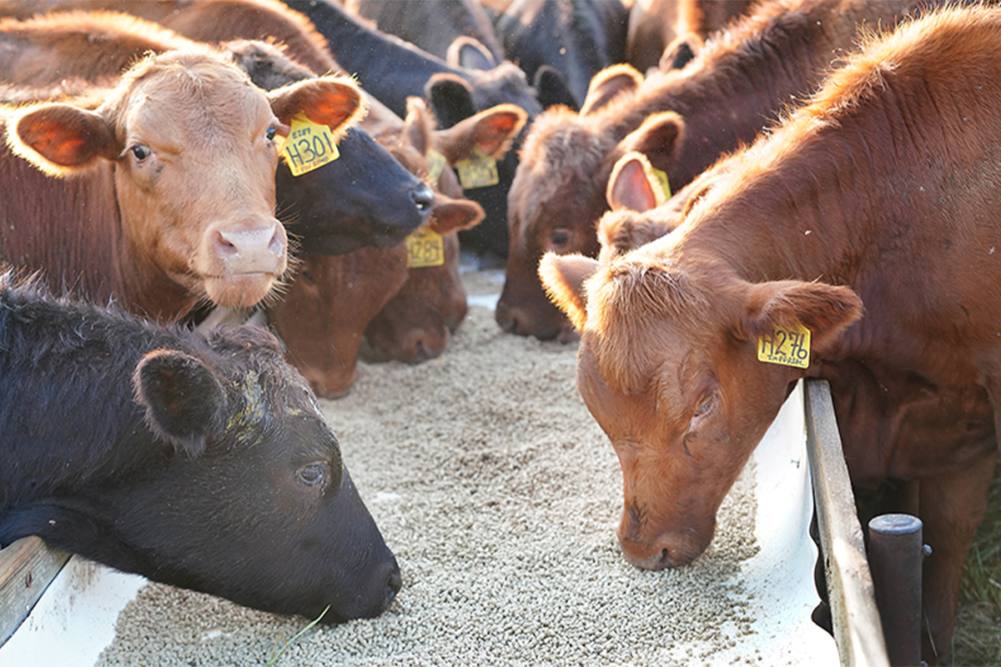WEST LAFAYETTE, IND. — Purdue University detailed how it plans to use three grants totaling over $1.4 million awarded by the US Department of Agriculture’s National Institute of Food and Agriculture (NIFA) for cattle and swine research.
The university received a four-year, $650,000 grant to study dietary nontherapeutic antibiotics on intestinal microbial populations and how the microbes impact cattle health.
Leading the project is Jon Shoonmaker, associate professor of animal sciences, who in recent years has been researching antibiotic alternatives and their impact on beef production.
“This new USDA-funded project will allow me to dig more deeply into what makes current antibiotics so effective,” Shoonmaker said. “It’s important because the use of nontherapeutic antibiotics in livestock nutrition contributes to antibiotic resistance. Livestock producers want to decrease this impact on human health but need effective replacements to continue efficient production.”
Additionally, Purdue received a three-year, $510,000 grant to research nonpathogenic factors that influence pigs’ thyroids. A team of researchers led by Jonathan Pasternak and John Radcliffe from the Department of Animal Sciences will build on previous studies that demonstrate pigs’ susceptibility to thyroid hormone suppression after an infection with the porcine reproductive and respiratory syndrome virus (PRRSV). The continued research will determine the effects of other nonpathogenic physiological stressors, like weaning or transport.
A third grant of $300,000 was awarded to a two-year project to discover the relationship between skeletal muscle metabolism and ketosis, a disorder that affects dairy cows soon after giving birth.
“Ketosis is a major metabolic disorder of dairy cows and causes $110 million to $330 million in annual losses to the dairy industry,” said Rafael Neves, assistant professor in the Department of Veterinary Clinical Sciences and lead researcher on the project.
The funding for all three projects is part of a NIFA investment of $13 million, which was distributed to 17 different recipients in May.



